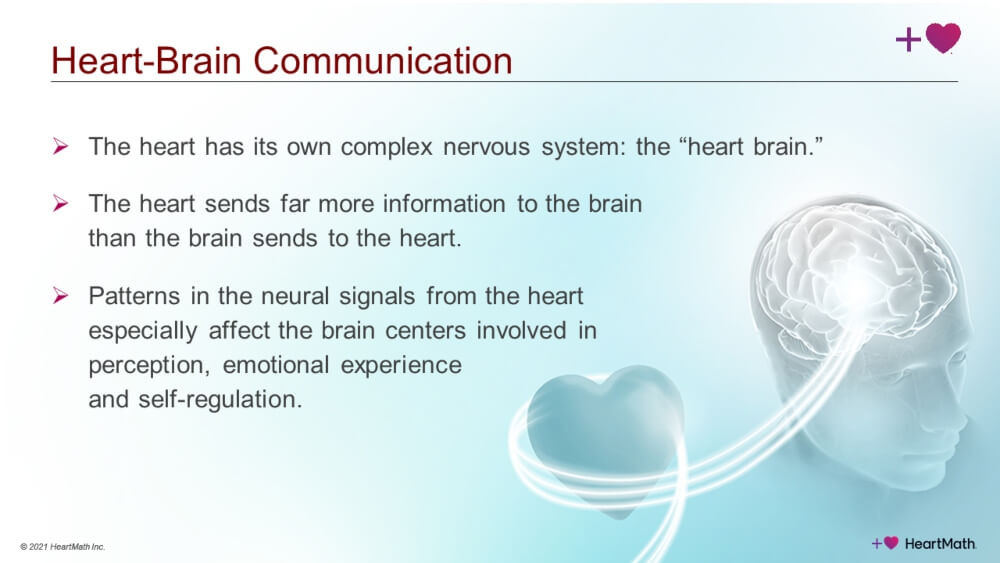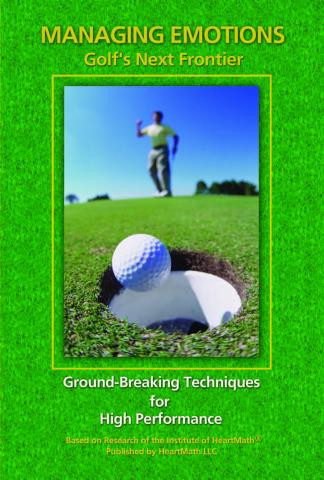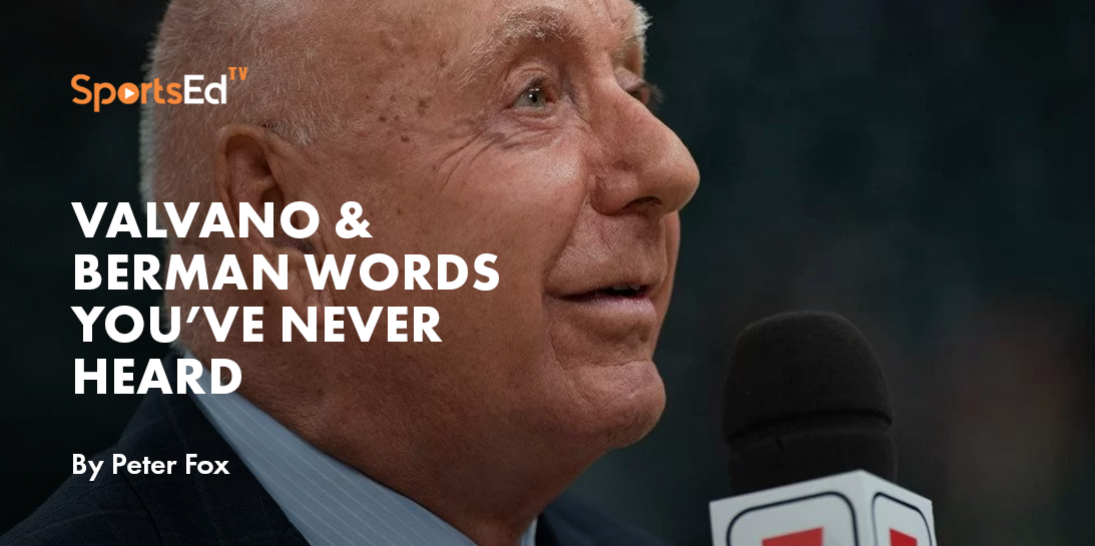On The Heart Beat
Welcome and thanks for visiting...

Heartfelt Confession

Your On The Heart Beat story sleuth has a confession to make, or in the jargon of polite circles I need to make this full disclosure:
I’ve been holding out on you and today the binds of silence are off.
Weeks ago when we started these feel good essays, in the first edition, I hinted about a heart based science discovery that now I am empowered to share with you.
The discovered science—as songsters and poets have always known—is that the heart actually has its own little brain or intrinsic cardiac nervous system.
Fundamentally that 30 year old discovery has fueled glorious advances in stress reduction and emotion management in health, education, business and even military realms by a pioneering group named HeartMath.
So, what about sports? That’s my confession.
I’ve personally known about and benefited from HeartMath for some time, and I can share now that SportsEdTV and HeartMath have agreed to collaborate and share with our athlete and coaching communities.
We begin by naming HeartMath’s John White as a special contributor to our pages. He has interfaced with a number of elite athletes, Olympians, big leaguers, and teams who employ HeartMath techniques and technology to fuel high performance.
John’s first contribution will be an introduction to HeartMath Founder Doc Childre’s seminal writing on The Zone DeMystified—how it can be quantifiable, and repeatable—a must read for serious coaches and athletes.
For me, a sports hanger-on since before the three point line was painted on basketball floors, HeartMath cured my golfing yips and I ended up telling that story when they invited me to introduce Managing Emotions: Golf’s Next Frontier.
As On The Heart Beat continues here’s that story:

Introduction
by Peter Fox
I’ve been known to hang out at the frontier of new potentials in sports.
I guess as ESPNʼs founding executive producer, I was often first to hear about the latest technique or gizmo that was supposed to be the next breakthrough or paradigm shift. Most of them never panned out.
The thing that I felt was the missing “X” factor in sports and especially in golf—where my passion continues—no one seemed to be addressing: emotional management.
Emotional management is the next paradigm shift in sports—the next sports frontier.
But I wasn’t sure how we were going to get there. That is, until I began my association with a group of marvelous people who have developed reliable and measurable emotional management techniques and tools that work. Very simply, these proven tools enhance performance. They improve your game and your scores. More importantly, they improve the quality of life for all who apply them.
Right about now I figure I am in jeopardy of losing you to the denial demons. How do I know? I had them too. Stay with me.
This is how I came to know Doc Childre and his HeartMath phenomenon that I predict someday will win him a Nobel Prize.
A while back, I was playing golf with one of Docʼs friends, Ron Cruickshank.
“Hey, Peter,” he teased, as we both hit balls on a practice tee at a tournament in Las Vegas, “Suppose I told you I could get you Ê»In-the-Zone.ʼ”
“Get in line, there’s a dozen in front of you,” I sassed, since the term “In-the-Zone” has been rendered limp, by hype and abuse and mercantile avarice.
“Suppose I could prove it,” was Ron’s reply.
“Come to the front of the line,” was mine. That was a few years ago.
The peak performance that occurs while athletes are “in-the-Zone” is best described in the seminal work on the subject entitled Flow by Mihaly Csikszentmihalyi, former Chairman of Psychology at University of Chicago.
The value of HeartMath is its simple, in-the-moment, anytime, anywhere, emotional management techniques and skills that allow and encourage peak performance to occur. The genius of HeartMath is the research and proof they spent years pulling together supporting the techniques.
It’s not for me to tell you how to use HeartMath. That’s what this booklet and others will do. It is for me to suggest to golfers and sports men and women that emotions and learning how to manage them is the next sports frontier.
OK, let’s just talk about THE YIPS. From my years of coaching, they’re all about emotions. And they go beyond sports.
The term is popularized in golf. Its most common form occurs in putting and is an uncontrollable hand twitch during the putting stroke. What most YIPPERS forget to describe is the moment of absolute panic which precedes the twitch. It is an excruciating Nano-instant of virtual blackout.
Writers YIP and call it a cramp. First time kissers YIP and hit a nose. Actors YIP and blow a line. Moguls YIP and blow a deal.
You’ll learn in this booklet about cortical inhibition. Cortical inhibition is a science term describing what occurs when emotions such as fear, anxiety or frustration dominate. Its first measurable symptom is impaired thinking. Its second measurable symptom is loss of coordination.
The flip side of cortical inhibition is cortical facilitation. It occurs when positive emotions, appreciation and coherence dominate. Cortical facilitation is a science term that describes enhanced reflex speed, focus, emotional control and clear thinking. That is peak performance. Good for YIPPERS. Want some? Itʼs easy.
Here’s a story. One of my friends, John (not his real name), experienced performance anxiety (mega yips) so acute, I expected he would quit golf. HeartMath rescued not only a golf career, it may have saved a life. It had gotten to the point where John was so stressed when he golfed in front of other golfers that he could barely hit the ball at all. Left alone, John could smack it, long and straight. When HeartMath and Freeze-Framer became part of Johnʼs life, two things happened:
1) He became a golf professional and now demonstrates his prowess before audiences, daily
2) His chronic high blood pressure lowered so much his doctor took him off his medication
Learn and practice the Quick Coherence technique in this work, and others that HeartMath has developed. When your golf game improves, your game of life will, too.




